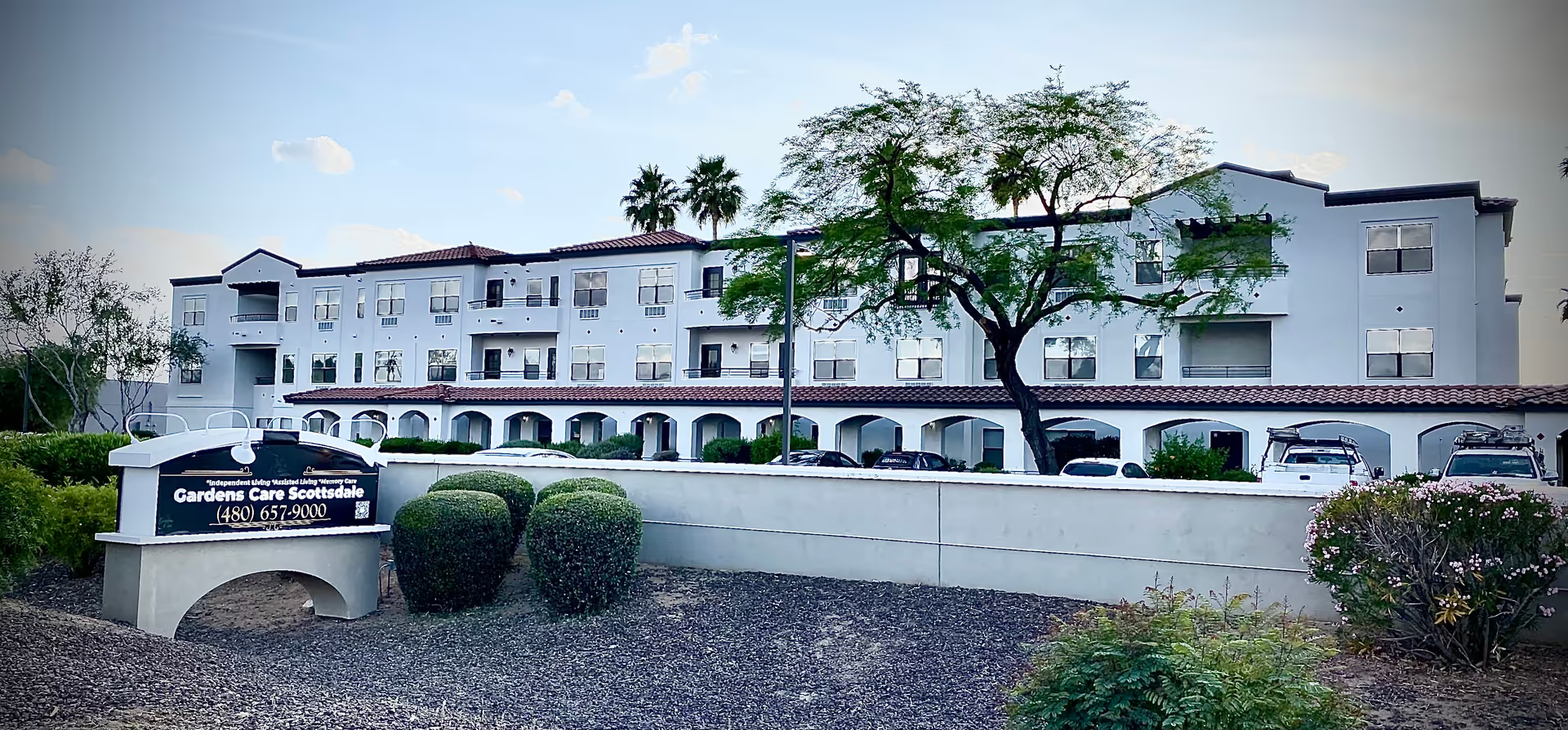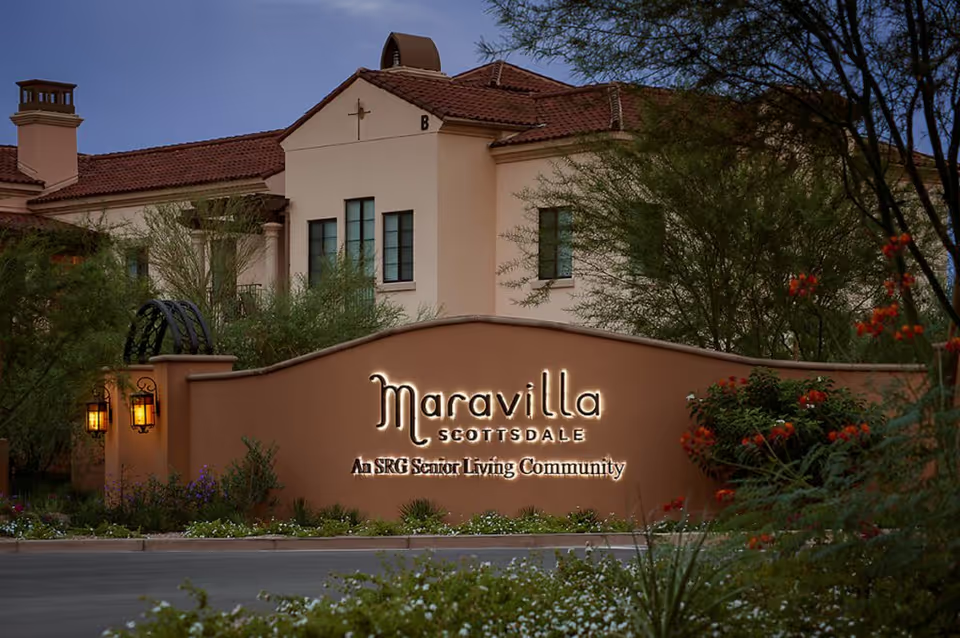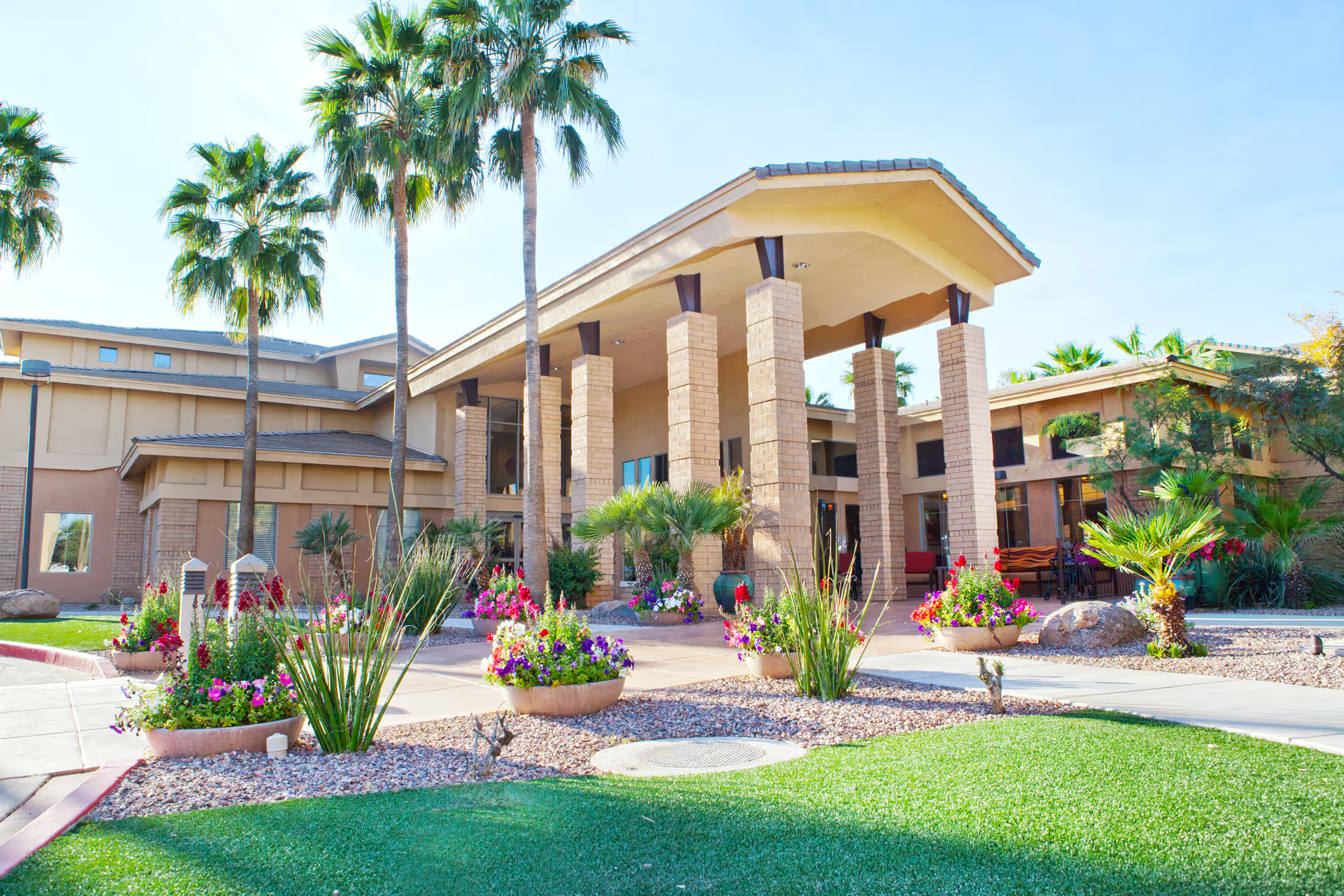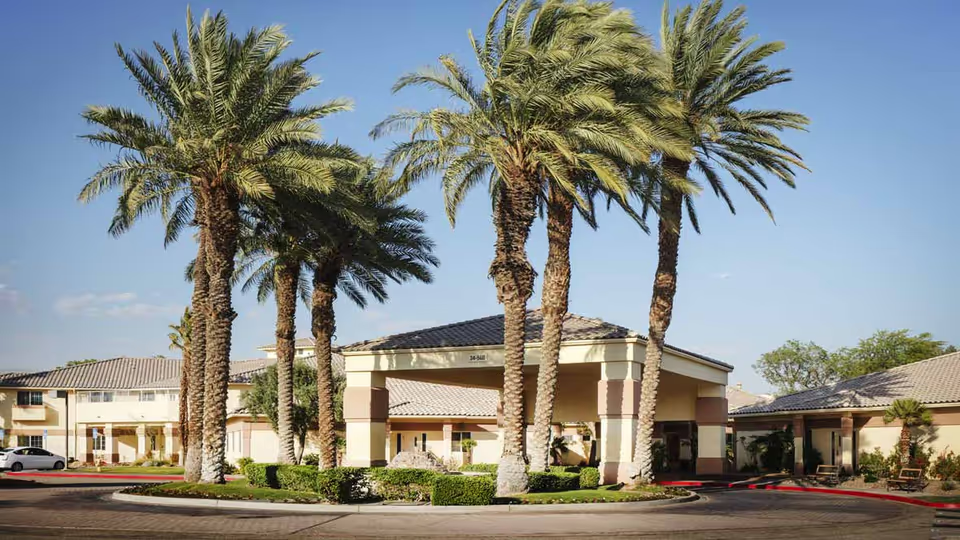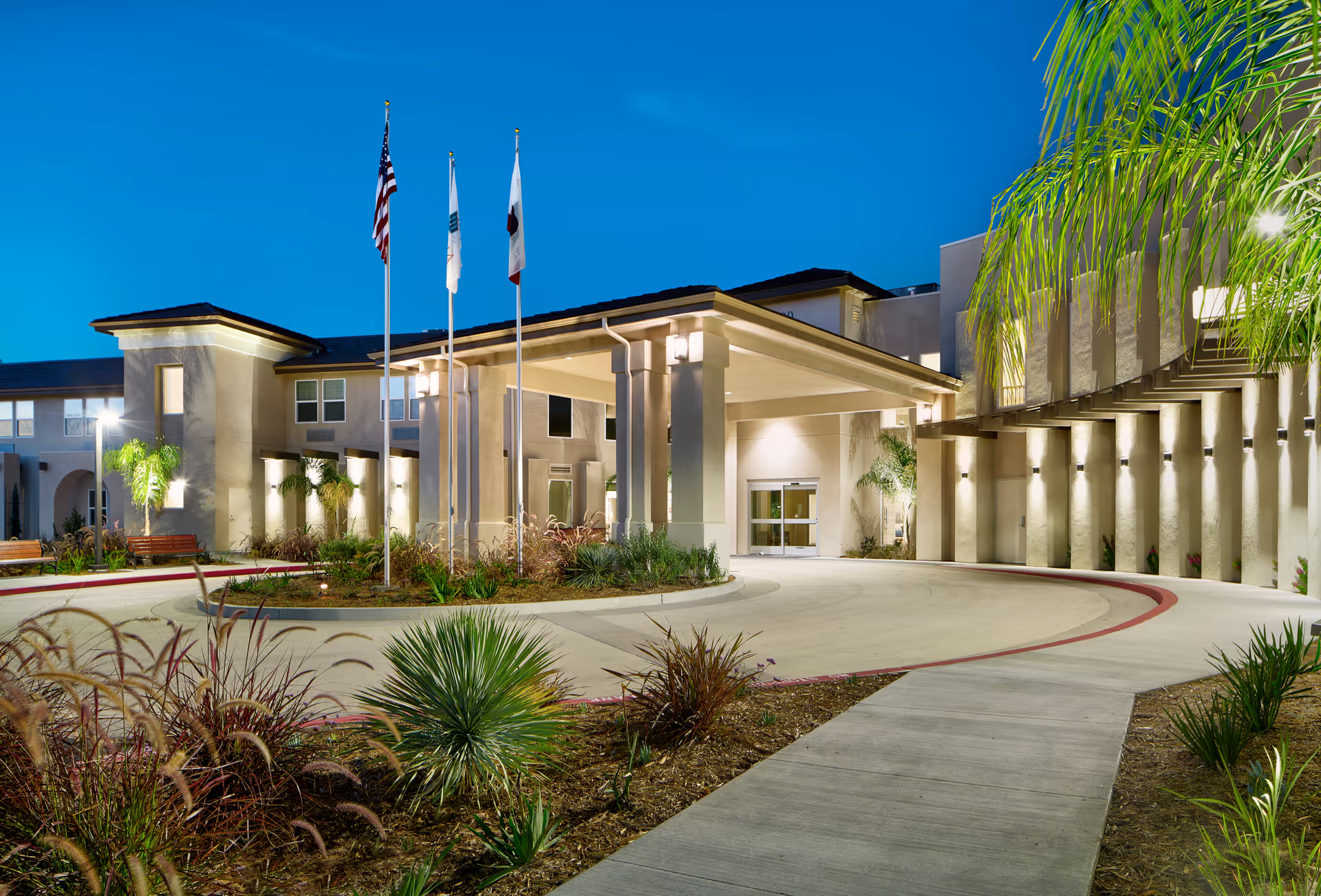Mayo Clinic sits on large campuses in both Scottsdale and Phoenix, where visitors will find buildings designed to blend with the local desert and peaceful walking paths and meditation gardens that surround the facilities, and it really helps folks feel more relaxed coming in for care, especially if they're nervous or coming in for something serious, and they even have quiet rooms, relaxing resting areas, and a dedicated patient lounge so if someone needs a break, they don't have to hunt around for a quiet spot, and inside the entrances you'll find information booths with staff to point visitors in the right direction, complete with campus maps and navigation help since there's a lot of ground to cover. There's free wheelchairs and patient shuttle services for those who can't get around too easily, plus patient escorts who walk with people to prevent anyone from getting lost or tired, and if you're coming in from out of town or just have a long drive, you'll see there's plenty of parking and nearby hotels as well as places to eat on the grounds so you won't have to skip a meal or worry about finding a spot to rest.
For actual care, Mayo Clinic is known for its many medical specialties and a patient-centered approach where doctors from many fields work together in teams, making sure people get the right care right away. They can handle just about every health issue, from regular check-ups and screening exams in their Community Internal Medicine area, to very complicated surgeries and emergency care at the Mayo Clinic Hospital in Phoenix, which is open all day and all night, and they have a lot of departments focused on tricky problems like organ transplants, rare cancers, heart disease, and even brain conditions, so whatever brings folks in, they've usually got doctors who know exactly what to do. Outpatient care happens in several buildings throughout the campus, including the Mayo Clinic Building in both Scottsdale and Phoenix, and the Mayo Clinic Specialty Building, where patients can see teams made up of physicians, physician assistants, nurse practitioners, and other professionals like registered nurses, pharmacists, and medical assistants who all help each other do their jobs, and they're supported by labs, radiology facilities, and other diagnostic places all close by so you don't have to go far for tests. They offer advanced diagnostics and treatments, and make sure care gets coordinated across departments because they build schedules and share records between doctors so nothing falls through the cracks, and, for folks who need language support or have special communication needs, interpreter services are easy to get.
Mayo Clinic isn't only about direct care; there's a lot of resources for visitors and patients like pharmacy services, medical supplies and equipment stores, optical shops for those needing glasses, patient education libraries, supportive services like health questionnaires and guides to help people get ready for appointments, and online options for ordering health books or gifts. Support groups are available for folks dealing with health challenges, and the Humanities in Medicine program gives people a chance to take part in art, music, or discussions that can sometimes help with healing or just make a tough day a bit easier. There are also billing support staff, insurance help, and cost estimators to clear up any confusion about payments. Mayo Clinic has a secure online patient portal for test results and messages, which many find handy for keeping up with their care.
Those who come for research reasons will see Mayo Clinic has deep roots in medical studies, with teams focused on both clinical trials and laboratory research that tackle many different diseases, and students from all over the world arrive every year to study at one of Mayo's many education programs, such as the Mayo Clinic College of Medicine and Science, the Mayo Clinic Graduate School of Biomedical Sciences, and other specialty schools for health sciences and professional development. They have visiting rotations, postdoctoral fellowships, internships, and continued education pathways for professionals, so the staff always has fresh knowledge. The hospital also includes specialized training areas such as the Microsurgery Training Center and simulation centers, and there are more than 140 education programs across 50 fields, which makes the place busy and full of energy.
The Mayo Clinic philosophy is "the needs of the patient come first," and the team approach means people from different specialties do sit down together to talk about a person's treatment, sometimes ordering more tests or talking through unusual cases until they get the best answer, and that's part of why the hospital keeps getting ranked near the very top for patient care in the nation, including being voted No. 1 in Arizona and staying in the top 20 hospitals nationwide for several years in a row. The group runs as a not-for-profit, builds on tradition, and keeps research, education, and care tightly connected, and while the place is big, there's a real focus on making sure every patient feels seen, even on the busiest day, and with so many amenities and coordinated care, that tradition has continued for a long time now.
